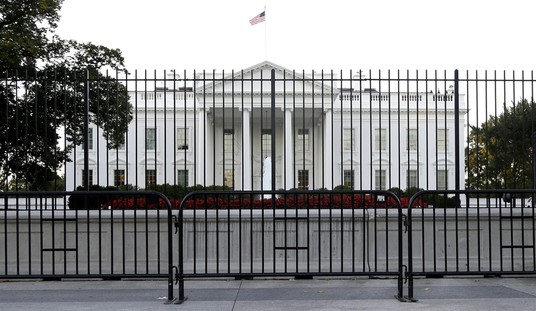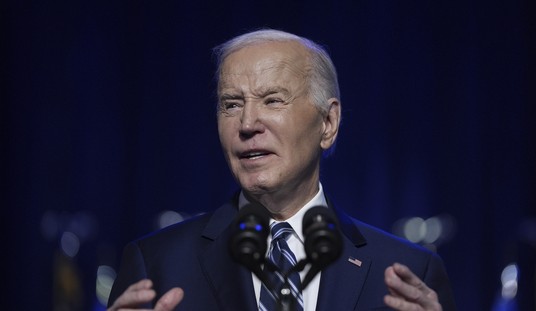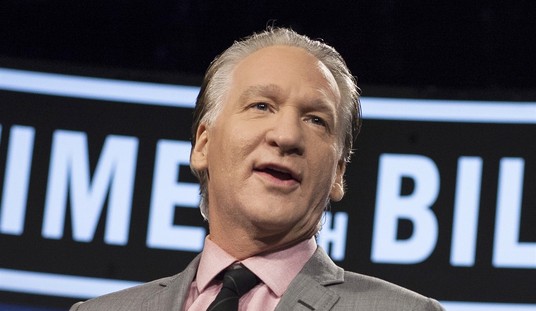In the current debate on racism there is one phrase that keeps popping up: “systemic racism.” Some people even claim that the situation facing African-Americans is much the same today as it has always been. The key question, however, is what effect do such messages have? People are discouraged when they hear: “If you don’t succeed, it’s racism’s or capitalism’s fault – and you really don’t stand a chance as long as the system hasn’t changed.”
That is also not true. There are always examples of people who make it to the top. And we should focus far more of our attention on them – role models like Oprah Winfrey, who was born into a poor family, yet made it to the top.
According to Forbes, Oprah Winfrey is one of the 10 richest self-made women in America. And her name is certainly the most famous to appear in the illustrious top 10. No American woman has ever managed to achieve the same level of fame as Oprah by their own efforts.
Oprah’s career got started in 1976 with a television station in Baltimore. She was given the assignment of visiting a different Baltimore neighborhood each day to interview local people. Unfortunately, she lost her prestigious position as co-anchor after just eight months. She was demoted to “weekend features reporter,” which, by her own admission, was the lowest position in the newsroom hierarchy. The ‘substantive’ stories Oprah was now asked to report on included a cockatoo’s birthday party at the local zoo. But at least she was still part of the newsroom. When she was chosen as the host of a new morning show, People Are Talking, she felt she had finally reached rock-bottom. Her boss at the time recalls: “She really wanted to be a news person. She knew that news was all that mattered in television at the time. She saw daytime as a real come-down, a failure. She started crying. ‘Please don't do this to me,’ she begged. It’s the lowest of the low.’ ... What I was offering her was a real job and, quite frankly, she had no other option.” Oprah finally agreed to do it, but she left his office with tears in her eyes.
Recommended
It is a tribute to Oprah that she made the best of the situation, and in retrospect what seemed like a demotion proved a great opportunity for her further career. People Are Talking launched on August 14, 1978, and after interviewing two actors from her favorite soap opera, All My Children, Oprah said she felt like she had finally found her place in television. “I came off the air, and I knew that was what I was supposed to do ... This is it. This is what I was born to do ... It just felt like breathing. It was the most natural process for me." Her show was so successful that it was soon picked up for national syndication.
Her show drew its highest ratings when it covered sex-related topics. Audiences also responded enthusiastically to features on diet and relationship issues. Later in her career, she reflected more critically on the kind of shows she had initially been so successful with: “I’ve been guilty of doing trash TV and not even thinking it was trash,” she once admitted. Winfrey wanted to elevate her shows by focusing on more challenging features—including, for example, promoting books. In addition to audience ratings, image had now also become important to Oprah—she no longer wanted to shed her reputation for doing “trash TV.”
She now saw herself as more of a motivational guru. In the late 1990s, Oprah started a series of “Change Your Life” shows. She positioned herself as the embodiment of the American dream: a woman who overcame a difficult and abusive childhood and went on to craft an unprecedented career for herself and became the world’s first black self-made billionaire. Her story inspired many millions of people—not only in America but also in many other countries where her show was broadcast. For Oprah and her followers, her extraordinary success was proof of the power of positive thinking. People were inspired by her gospel: “If I can do it, you can do it.”
























Join the conversation as a VIP Member